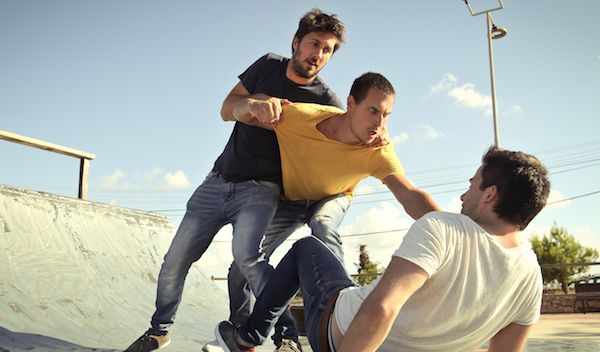In 2005, Florida became the first state to pass a Stand Your Ground law, which gives people the right to defend themselves and not have to retreat as long as they believe doing so will “prevent death or great bodily harm.” But how does this law protect you?
Here are some key facts you should know about defending yourself through the use of non-deadly and deadly force.
Defending Yourself Through the Use of Force
Under Florida law, a person can use non-deadly, and in some cases, deadly force to protect himself or herself, his or her property, or another person, as long as the force that person uses is comparable to the threat that individual faces. This wasn’t the case prior to 2005 when Florida law dictated that a person first had to attempt to retreat before engaging a threat.
Now, however, Florida Statute 776.012 states that a person can use or threaten to use non-deadly force to protect himself or herself when that individual reasonably believes that doing so is imperative to defending himself or herself or another from an impending threat of unlawful force.
Similarly, Florida Statute 776.013 protects a person in his or her home or vehicle from an impending threat of imminent death or bodily harm from someone who unlawfully enters or remains in his or her home or tries to remove another person against his or her will. By illegally and forcefully entering someone’s home or vehicle this intruder is presumed to have the intent of carrying out an unlawful act of force or violence. The resident of the home or occupier of the vehicle has the right to use non-deadly or deadly force to protect himself or herself.
Florida Statute 776.012 also makes it justifiable for a person to use or threaten to use deadly force to prevent the imminent commission of a forcible felony (for example, a robbery) or to prevent great bodily harm or imminent death. The same holds true for Florida Statute 776.013, where using deadly force in one’s home to prevent the above is justifiable.
However, there are instances in which deadly force is not justifiable:
- If it’s carried out against the lawful resident of the dwelling or vehicle; that is, unless there is a restraining order in place.
- If it’s carried out against a parent picking up a child or grandchild for whom they have lawful custody.
- If the individual who uses defensive force is taking part in an unlawful activity or using the dwelling or vehicle to carry out unlawful activity.
- If it’s carried out against a known law enforcement officer, who is taking part in a legal duty.
10 Reasons Why You Need a Criminal Defense Attorney…read more
What Happens if You Are Charged with a Criminal Offense?
If you believe that you were acting in self-defense when you committed a violent act and were arrested or charged with a criminal offense, it’s in your best interest to speak to an experienced criminal defense attorney. The Stand Your Ground law provides the opportunity for defendants to bring up the issue of self-defense at both a pretrial hearing and during the trial. Consequently, if a judge finds that you used non-deadly or deadly force while defending yourself, he or she is required by law to dismiss the charges.
What Do Juries Consider When Assessing Self-Defense Claims?
If a judge does not find that you acted in self-defense, that defense can still be presented to a jury during your trial. To determine if your actions were warranted, a jury will assess what a “reasonable person” would have done in the same situation. Making this determination is known as an “objective standard.” To demonstrate your guilt, the state must overcome the claim of self-defense beyond any reasonable doubt.
If you’ve been arrested or charged with a crime, Clearwater Criminal Defense Attorney Dean Tsourakis will be committed to your case each step of the way. Call Dean today at 727-785-2700. The initial consultation is free.
on Jan 15, 2018

